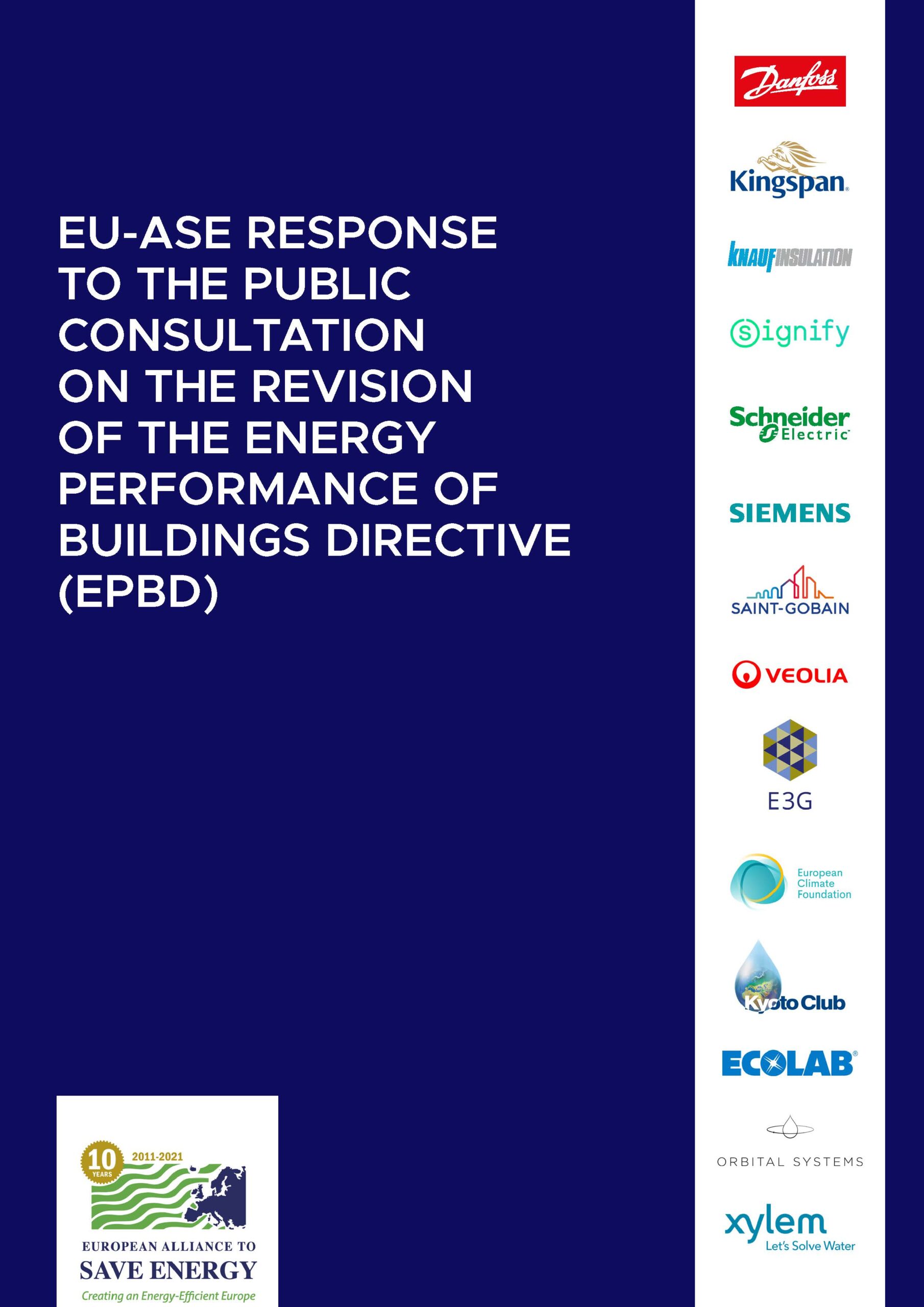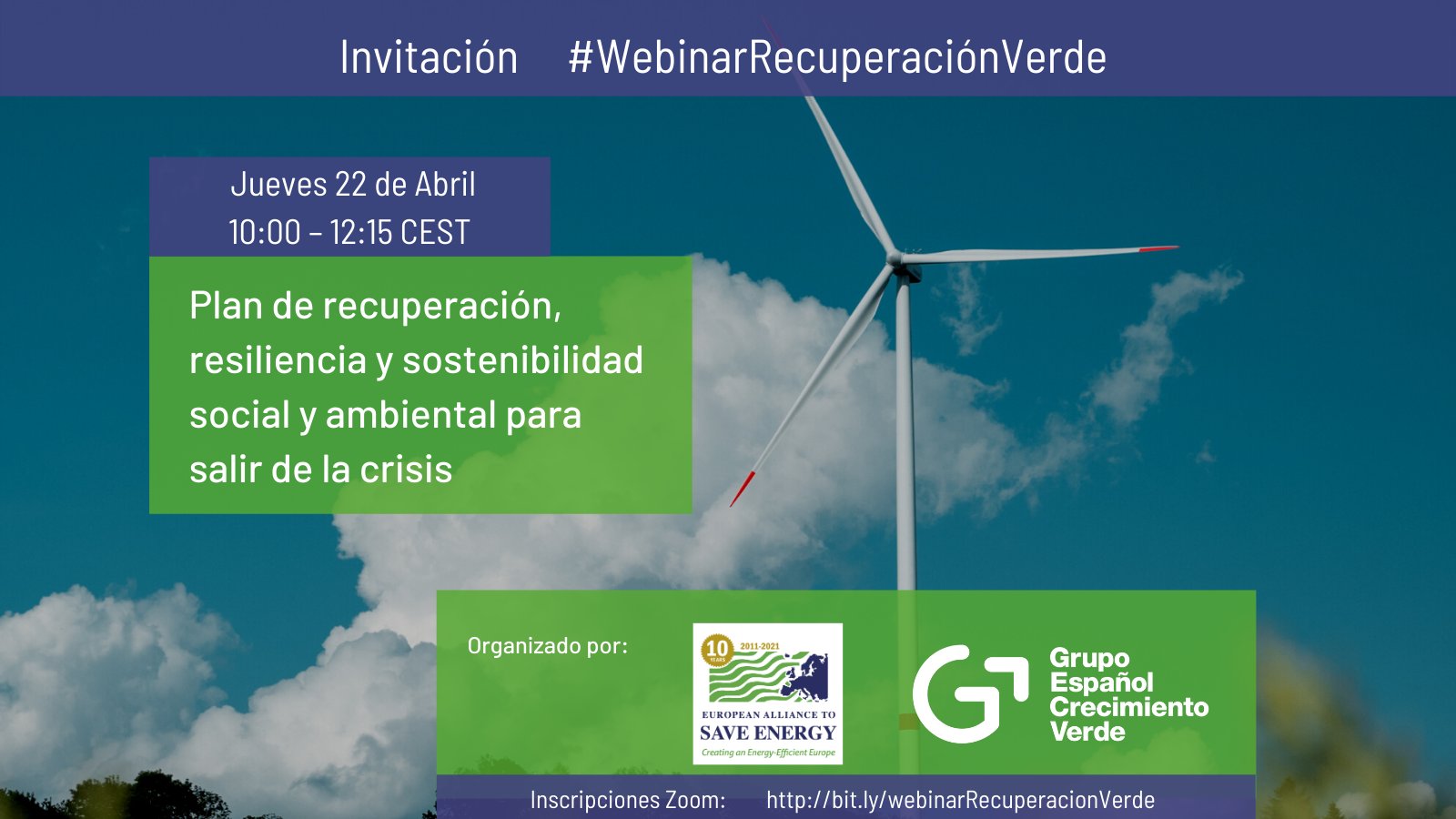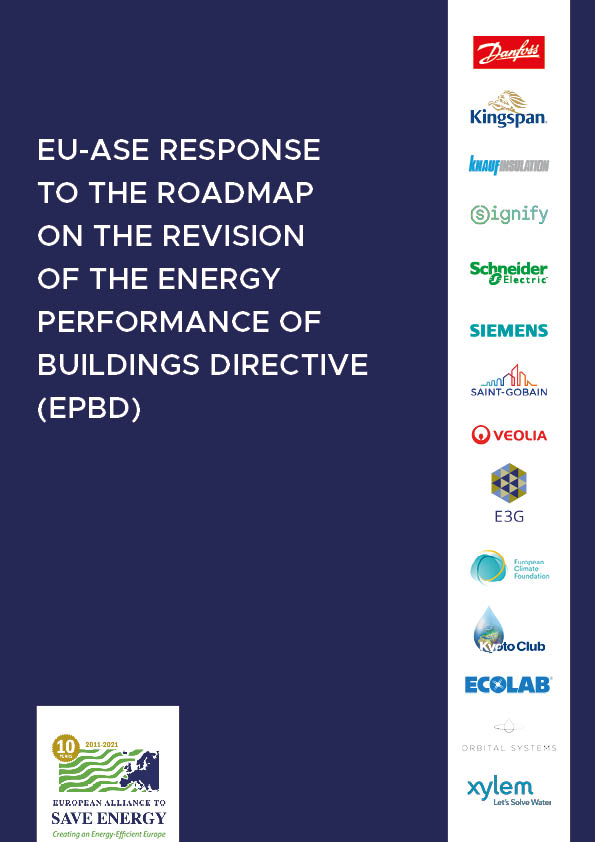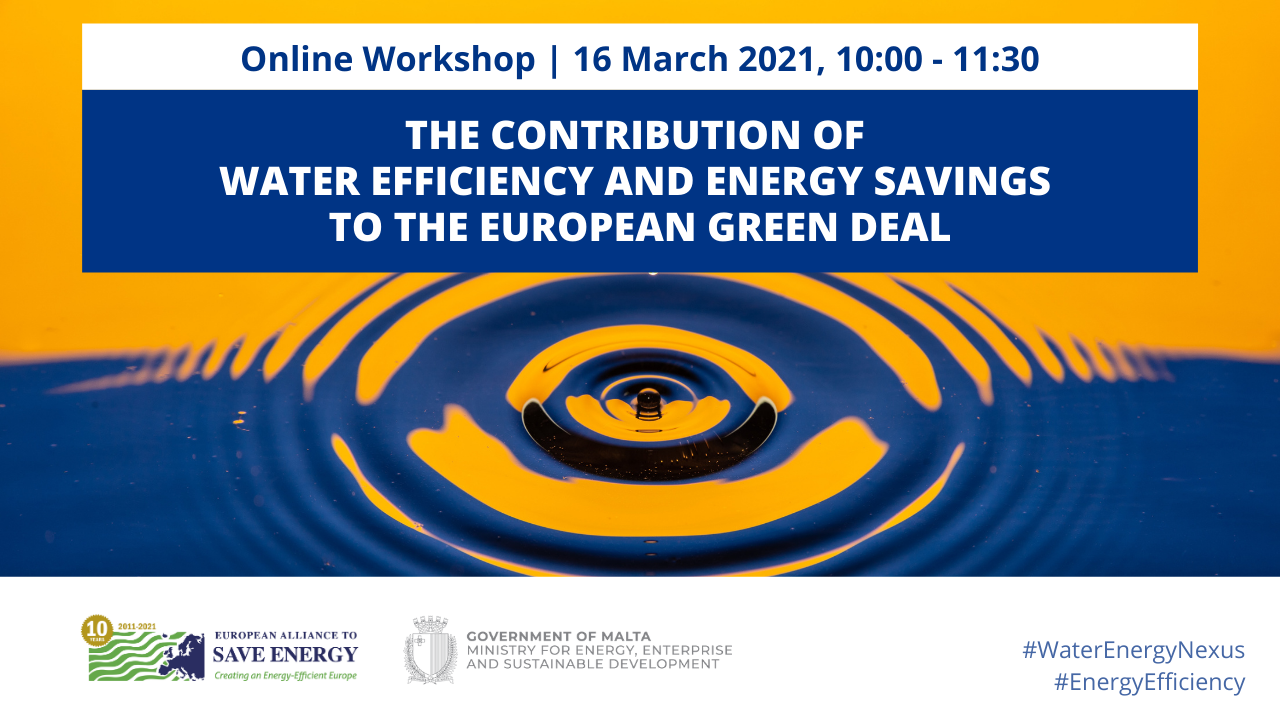The Energy Performance of Buildings Directive (EPBD) must recognise that buildings are a crucial energy infrastructure for Europe, writes Monica Frassoni, president of the European Alliance to Save Energy. By being highly efficient, they can reduce energy demand but also manage, store, and generate renewable energy, she argues.
Through the agreement on the European Climate Law, the European Union and Member States have committed to become a net-zero economy by 2050 and, on the way, to reduce greenhouse gas emissions by at least 55% by 2030. Even if science says that the EU should go towards 65% GHG emissions reductions and the European Parliament had asked for 60%, the agreement is a step forward.
But can we deliver? Sure, but we need to be serious and unafraid to take the necessary step to abate emission in key sectors such as buildings.
I am not a number cruncher, but a couple of figures says it all. 75% of the current building stock is not efficient, and most of today’s buildings will still be in use in 30 years. Currently only 1% of the building stock undergoes energy renovations each year, so there is a tremendous gap between today’s reality and the EU’s climate ambitions.
In other words, we are lagging behind, and overcoming this problem implies making fundamental regulatory changes in EU energy legislation.
This is where the review of the Energy Performance of Buildings Directive (EPBD) comes in. The EPBD is, in the European Commission plans, one of the legislative pillars to address energy performance and emission of the EU building stock.
Frans Timmermans, Executive Vice-President for the Green Deal, said in October 2020 that “at the present rate of restructuring and refurbishing our housing, we will not achieve the (EU climate) goals, we need to double that and that is what we want to do with the Renovation Strategy”, thus putting buildings at the centre of the European Green Deal.
Read the full article on EURACTIV





